Biden meets Macron after ‘stabbing France in the back’
US President Joe Biden has met French President Emmanuel Macron after France accused him of "stabbing it in the back."
The Biden administration had pushed Paris aside and signed a lucrative multi-billion nuclear deal with Australia for submarines. Biden on Friday called his administration's action "clumsy".
During a one-on-one meeting on the sidelines of the G20 leaders' summit in Rome, Italy, Biden met with Macron and tried to calm him down.
The US president made efforts to turn the page during his first meeting with Macron since a diplomatic crisis last month between Washington and Paris over the US.-Australia security alliance, known as AUKUS. The deal included a submarine sale agreement with Australia that effectively canceled a 2016 Australian-French submarine deal.
"I think what happened was, to use an English phrase, what we did was clumsy. It was not done with a lot of grace," Biden said.
Biden said that Washington valued Paris as a close partner and the two nations could cooperate in all places.
He claimed that he had been unaware of the scope of the Australian-French submarine deal, adding the US did not have an older and more loyal ally than France and insisted there was no area in which the two countries could not work together. "I was under the impression that France had been informed long before that the deal was not going through. I, honest to God, did not know you had not been."
Macron, for his part, said later that the US needed to regain France's trust through its deeds, not words.
Washington's oldest ally described the US move on the Australian-French submarine deal worth tens of billions of dollars as a "stab in the back."
The cancellation of the submarine deal drew outrage from France and Paris temporarily recalled its ambassador to Washington.
Biden's performance was likened to that of former President Donald Trump.
France's Foreign Minister Jean-Yves Le Drian wrote in a statement the cancellation of the submarine deal was a “stab in the back.”
“It was really a stab in the back. We built a relationship of trust with Australia, and this trust was betrayed. This is not done between allies,” he said.
The deal “constitute[s] unacceptable behavior between allies and partners, whose consequences directly affect the vision we have of our alliances, of our partnerships, and of the importance of the Indo-Pacific for Europe,” he said at the time.
'Gaza has won': Social media users react to ceasefire with mix of relief, joy
Iran seeks South Korea’s assistance for AI, fiber-optic projects
VIDEO | Iran's 'Eqtedar' (Power) maneuver
Israel hits HTS military target in Syria for 1st time since fall of Assad
VIDEO | Press TV's news headlines
Israel has slaughtered 13,000 students in Gaza, West Bank
VIDEO | More Zionist than Zionists: Biden’s legacy to be defined by Gaza genocide
Hamas confirms handing approval of Gaza ceasefire deal to mediators


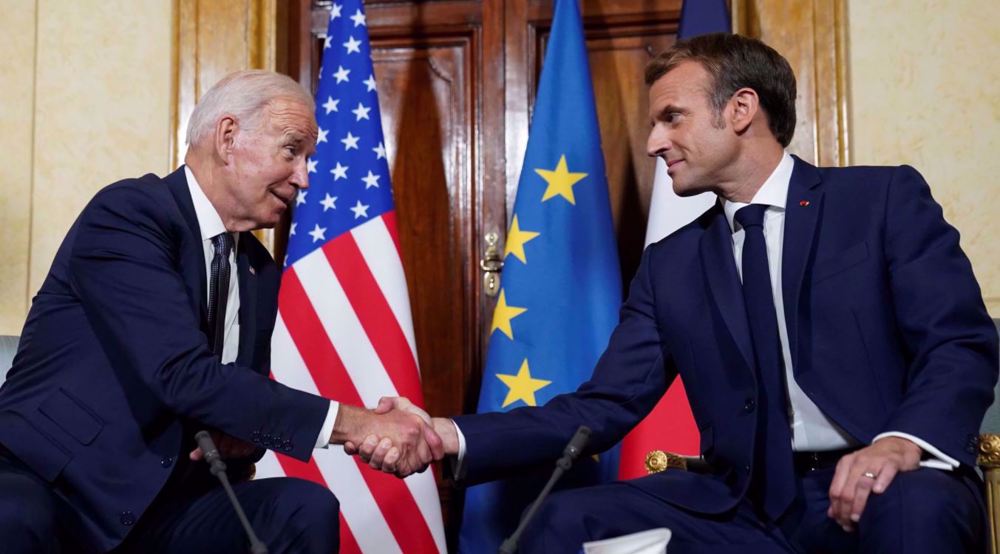
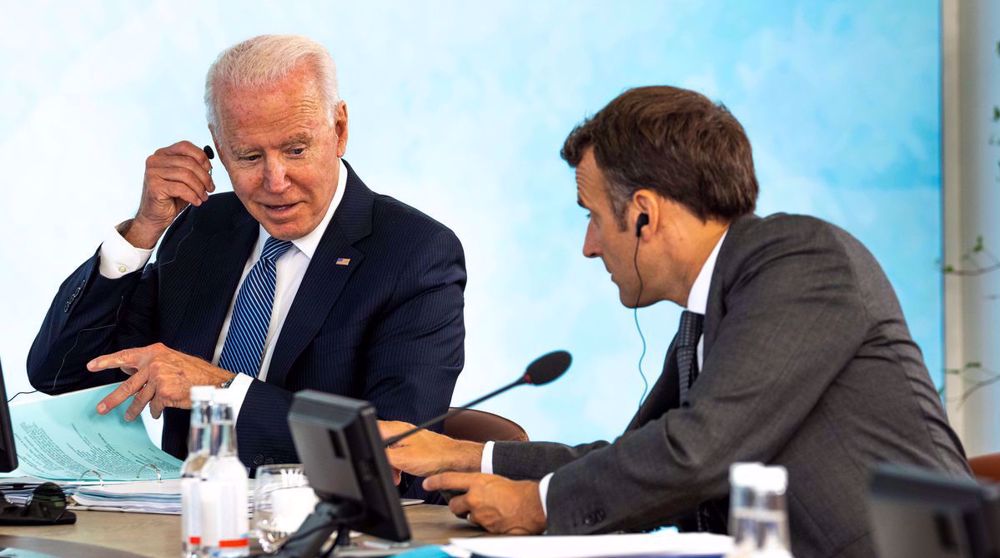
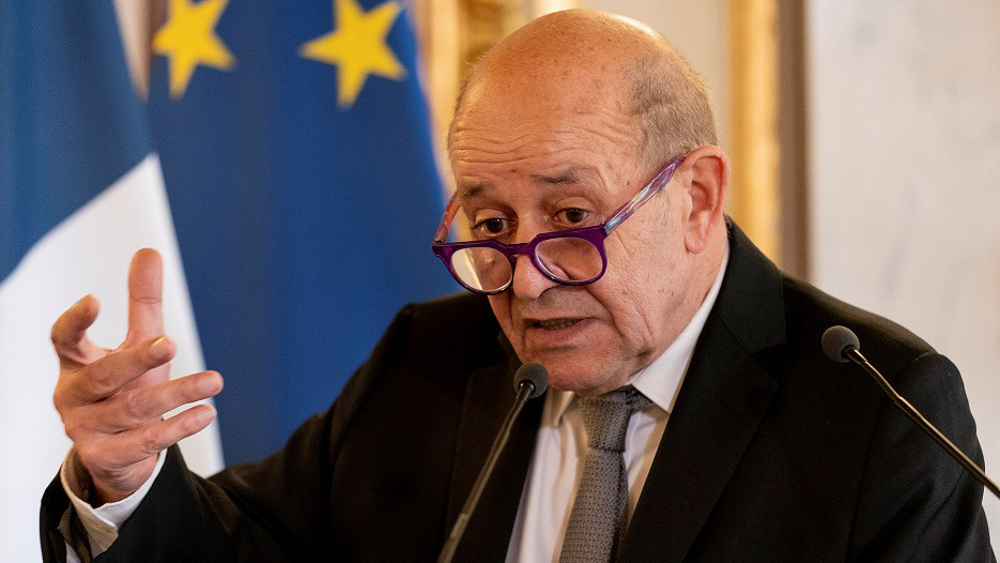


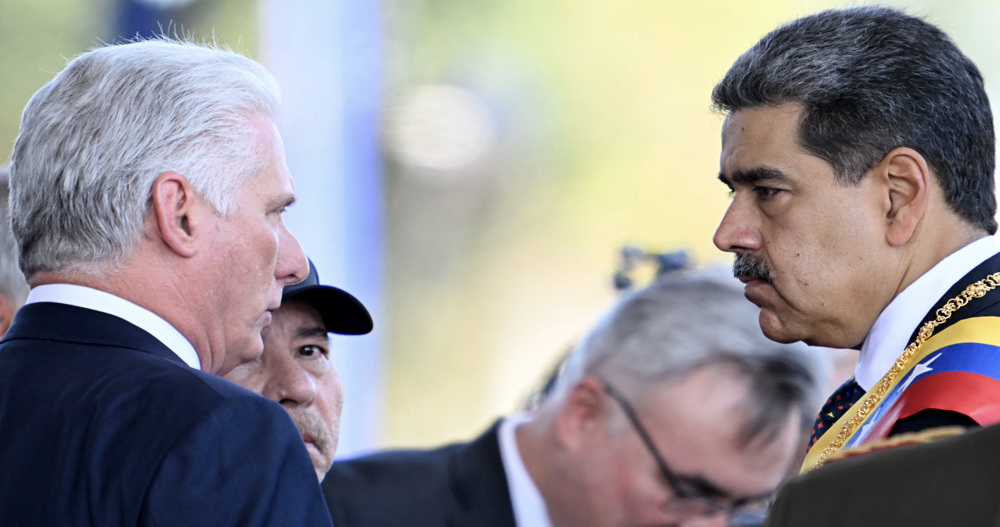



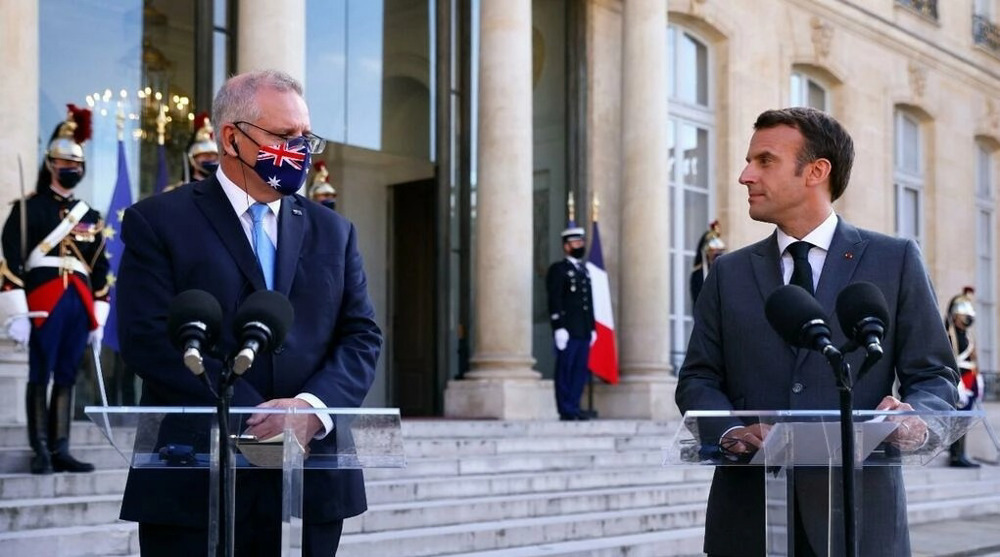
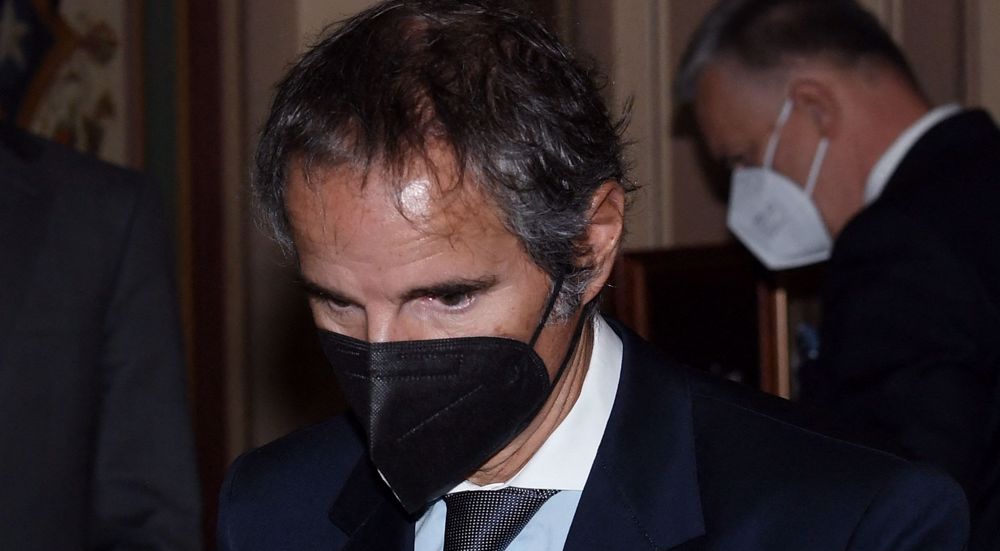

 This makes it easy to access the Press TV website
This makes it easy to access the Press TV website